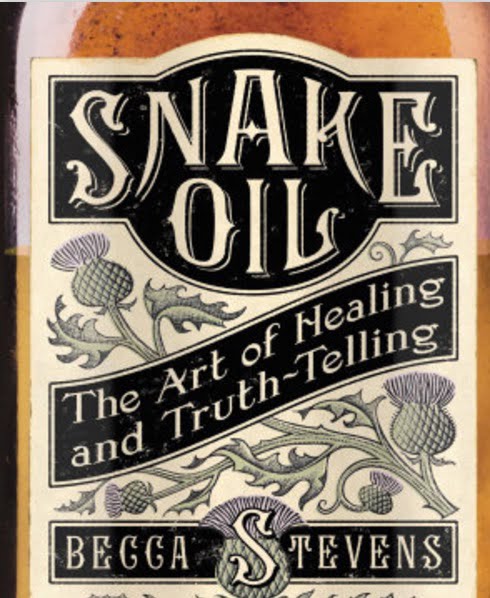Richard Horton is the editor of one of the leading medical journals in the world, The Lancet. Here is what he reported from a UK symposium on the reproducibility and reliability of biomedical research:
“A lot of what is published is incorrect.” I’m not allowed to say who made this remark because we were asked to observe Chatham House rules. We were also asked not to take photographs of slides. Those who worked for government agencies pleaded that their comments especially remain unquoted, since the forthcoming UK election meant they were living in “purdah”—a chilling state where severe restrictions on freedom of speech are placed on anyone on the government’s payroll. Why the paranoid concern for secrecy and non-attribution? Because this symposium—on the reproducibility and reliability of biomedical research, held at the Wellcome Trust in London last week—touched on one of the most sensitive issues in science today: the idea that something has gone fundamentally wrong with one of our greatest human creations. * The case against science is straightforward: much of the scientific literature, perhaps half, may simply be untrue.”
